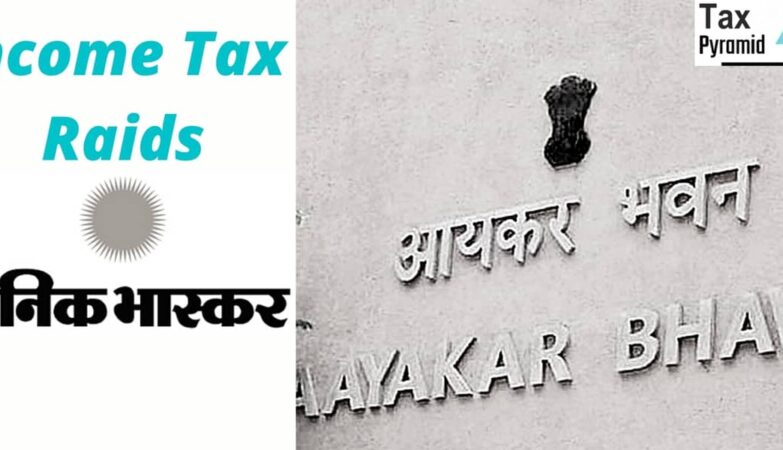Startups are said to be the driver of the future growth of an economy. On 1st Feb 2021 during the presentation of the Budget for FY 2021-22, Finance Minister has announced a series of steps to boost start-ups and their growth in the country. There were a lot of expectations regarding start-ups from the government, some were met some are awaited, but the government has shown the intent Let’s review 5 major benefits for Startups in Union Budget 2021.
Eligibility for tax holiday extended for one more year up to March 2022
As per Section 80-IAC of the Income Tax Act, a deduction of an amount equal to 100% of the profits and gains from the eligible business is available to the eligible start-ups for the three consecutive assessment years out of the ten assessment years.
These three consecutive assessment years would be at the choice of the assessee for which the deduction can be claimed under Section 80-IAC.
The condition for availing of this deduction or becoming eligible for it is that the total turnover of the business should not exceed Rs. 25 crores in the previous year from 01-04-2016 to 31-03-2021 and the eligible start-up should be incorporated from 01st April 2016 but up to 31st March 2021.
This eligibility criteria of incorporation of an eligible start-up that was expiring on 31st March 2021 has been extended by one more year up to 31st March 2022.
In the pandemic hit economy, this tax holiday extension would be a great help to the start-ups who are said to be the worst impacted ones during this phase.
Capital Gain exemption for investment in start-ups extended by one more year up to March 2022
The capital gain exemption available to individuals and HUF for investment in eligible start ups has been extended by one more year. Now this capital gain exemption is available for investments made up to 31st March 2022. This is considered as a major relief for the start ups as it would boost the inflow of investment in the fund dried start-ups.
Definition of Small Companies revised
The revision in the definition of small companies has been proposed through the Budget with paid-up capital limit has been increased from Rs. 50 lakhs to Rs. 2 crores while the turnover limit has been increased from Rs. 2 crores to Rs. 20 crores.
Now a company with a paid-up capital limit of Rs. 2 crores and turnover up to Rs. 20 crores would also be classified as a Small Company.
The move is said to benefit more than 2 lakh companies by reducing their compliances.
Changes regarding One Person Company
Section 2(62) of the Companies Act 2013 defines OPC i.e. One person company as a company that has only one person as its member.
As per rules for the formation of an OPC, only an Indian citizen who is a resident in India shall be eligible to incorporate an OPC.
This Budget has reduced the residency limit for incorporating an OPC from 182 days to 120 days thus allowing non-resident Indians to set up OPC in India.
This move would benefit many NRIs as it would enable them to set up solo start-up ventures with OPC benefits of minimum compliances.
The other step to boost up the start-ups was that incorporation of one person company (OPC) has been allowed without any restriction on the paid-up capital. This would allow the OPCs to grow without any restriction and in the process boosting the ease of doing business.
OPC would be allowed to convert itself into any type of company and at any time as it would not face any restrictions of paid-up capital or turnover.,
Allocation of Rs. 1500 crore for a new fund to promote digital payments
The government in order to promote and further increase the digital payments in the Indian economy has announced setting up a new fund for which Rs. 1500 crores have been allocated in the budget.
As per experts, it may be used to compensate the losses borne by the payment service providers due to waiver of MDR (Merchant Discount Rates) on payment through UPI and RuPay cards announced in Budget 2019.
CA Kalpak Kaplash













